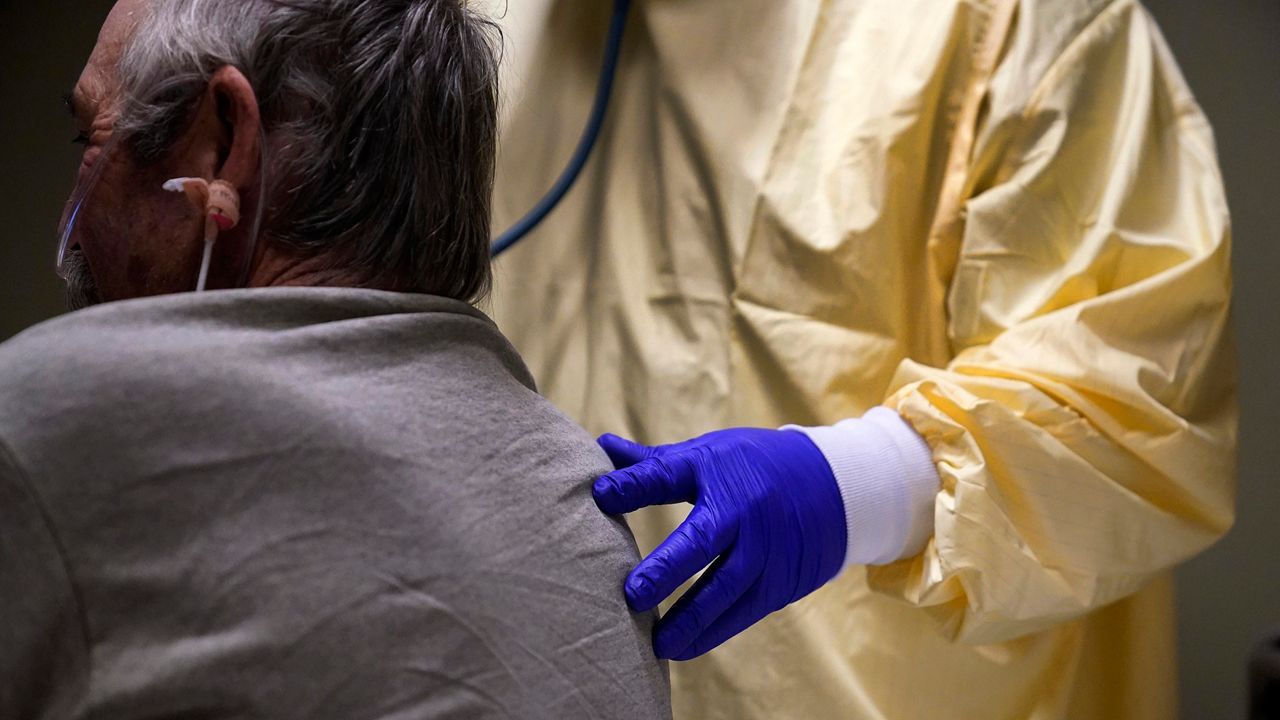CLEVELAND — A recent Cleveland Clinic survey is shedding light on the pandemic's effects on heart health.
The survey, which was completed by 1,000 U.S. participants in November, shows that 41% of Americans experienced some form of at least one heart-related issue since the pandemic began in March 2020.
The top issues individuals reported were:
- shortness of breath (18%)
- dizziness (15%)
- increased blood pressure (15%)
- chest pain (13%)
“COVID fatigue is a very real thing – and for this year’s survey we wanted to see what kind of effect the ongoing pandemic is having on Americans’ heart health and in particular their healthy habits,” said Dr. Samir Kapadia, chairman of cardiovascular medicine at Cleveland Clinic.
Results show the pandemic disrupted everyday healthy habits. The number of Americans who reported sitting most of the day rose from 33% before the pandemic to 38%. Approximately 22% said responsibilities around the household increased, preventing them to exercise regularly.
“We know 90% of heart disease is preventable through a healthier diet, regular exercise and not smoking, so now is the time to refocus on our heart health," said Kapadia.
However, survey results also show that many people may be unaware of the risk factors that tie into health issues. More than one third of respondents said they didn't know that problems like obesity, high blood pressure, smoking and vaping could contribute to long-term health problems.
In addition, genetics plays a role. Around 40% of those who lost a family member to heart disease before the age of 60 said they have never been screened for the condition. That number is much higher for milennials: 54%.
More notably, 34% of participants said they feel like they can't do anything to limit the risk of developing a heart condition that took the life of a family member. Cleveland Clinic physicians urged getting screened and taking precautions, such as implementing exercise to help prevent those diseases.
On a positive note, around 77% said they are aware of their family history of heart disease, and about 65% said they have had their blood pressure checked in the last six months.



